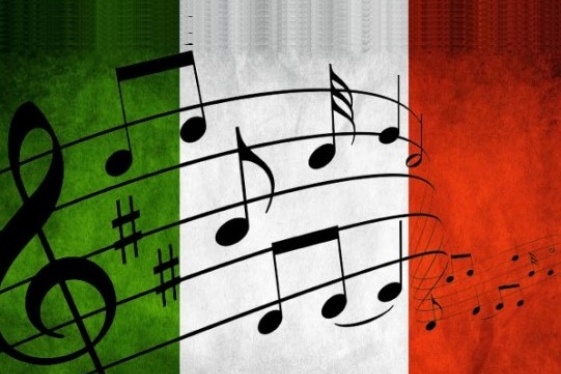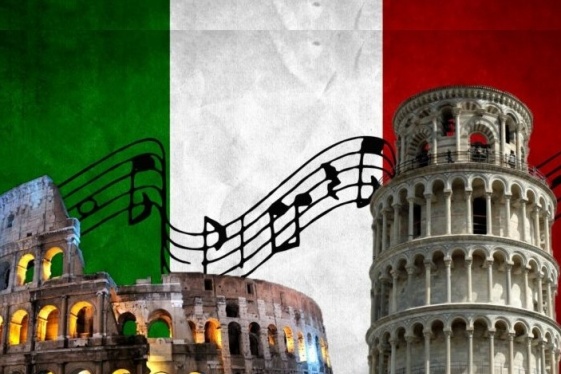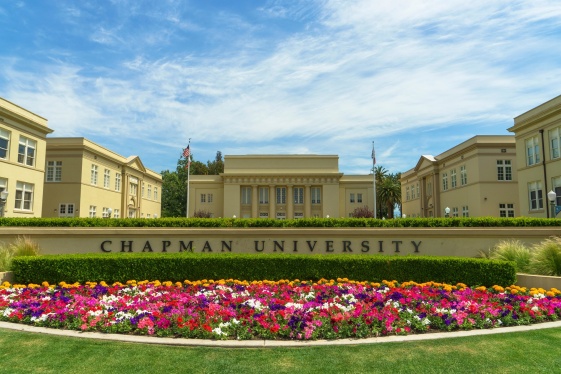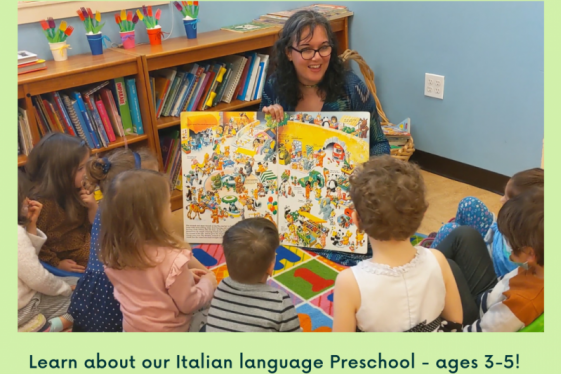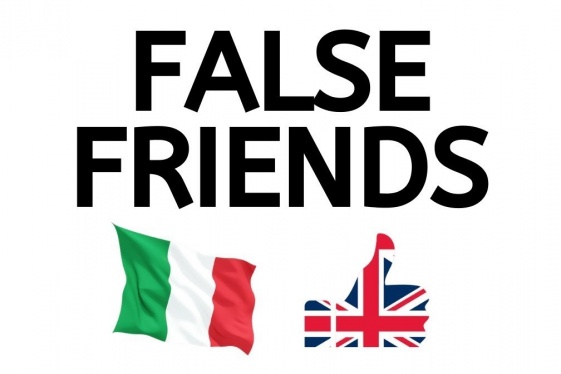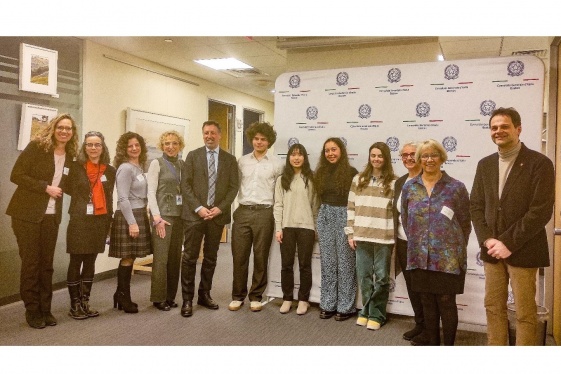Federica Santini, Ph.D., Named Chair of the Department of World Languages and Cultures
Dean Katie Kaukinen announced Dr. Federica Santini as chair of the Department of World Languages and Cultures (WLC). Dr. Santini has been serving as interim department chair and will assume the permanent position effective July 1st. Prior to her role as interim department chair, she was the Coordinator of Gender and Women's Studies and Professor of...
READ MOREBest Songs to Learn Italian: 2010-2023 Edition
Ciao a tutti! If you’re reading this, it’s probably because you’re interested in learning Italian. And let me tell you, you’ve made a fantastic decision! Not only is Italian a beautiful language filled with rich history and culture, but it’s also incredibly fun to learn. One of the best ways to improve your Italian skills is by immersing yourself i...
READ MOREBest Songs to Learn Italian: 1980s Edition
These are some of the best songs to learn Italian. I picked songs I liked also for the melody since if you really want to learn the words, you will have to play them over and over. Now, I know what you might be thinking: “Songs? Really? Isn’t that just for kids?” But trust me, learning Italian through music is not only for kids, it’s for everyone....
READ MOREChapman Receives $1.5M Gift for Italian Studies Institute
Orange-based Chapman University received a $1.5 million gift from the Ferrucci family to establish the Ferrucci Institute for Italian Experience and Research in the university’s Wilkinson College of Arts, Humanities and Social Science. The institute provides students the opportunity to fly to Italy and participate at a film festival in Bologna, stu...
READ MOREItalian Preschool Open House – 2023-24
Please join us for our Preschool Open House on March 11 from 10:00am – 12:00pm, to learn more about our part-time Italian language Preschool. Although it isn’t required to pop by, please RSVP (even if you aren’t certain you’ll make it), it helps us to be prepared for how many families might attend. RSVP by emailing [email protected] will...
READ MOREDetroit Based Rome Prize Fellow Brings Learnings from the American Academy to Her Students at Wayne State
DII had the unique pleasure of speaking with Elena Past, Professor of Italian at Wayne State University who has just completed a ten-month Rome Prize Fellowship from the American Academy in Italy. Each spring, the Academy awards the Rome Prize and Italian Fellowship to a group of 30 artists and scholars, after an application and juried process. The...
READ MOREItalian language: Don’t Trust Parenti
This month I want to approach a topic we always hear about and even learn about, but when it comes to actually putting it into practice, we all fall for it – false friends! Let’s first review what these false friends are. False friends are those words that in Italian sound or look close to an English word, make us think that they mean the same thin...
READ MOREA Divine Comedy We Can Feel in the Pulse
English is a wonderfully weird language with a huge vocabulary, but one with distinct “registers.” I am currently in the process of translating Dante’s Comedy, and this is the central insight guiding my work: We have a split-level language. This is because our language has both Latin and Anglo-Saxon influences. In English, anytime we want to use ab...
READ MORE“Come, scusa? Non ti followo” in Boston, MA
Last Monday the Consulate General of Italy in Boston held the award ceremony of the literary contest named “Come, scusa? Non ti followo” (Sorry? I’m not following you). On the occasion of the XXII Italian Language Week in the World, the Education Office at the Consulate General of Italy in Boston launched the literary contest intended for high scho...
READ MOREBill Cerruti and Patrizia Cinquini (Leaders of the Italian Cultural Society in Sacramento, CA)
As is often the case in the United States, the capital of California is not the largest city, and in this case not even the second largest. Sacramento is home to the California government, and also to a very active center of Italian culture, really very committed to promoting every aspect of our country. So, we welcome our guests in this new interv...
READ MORE



